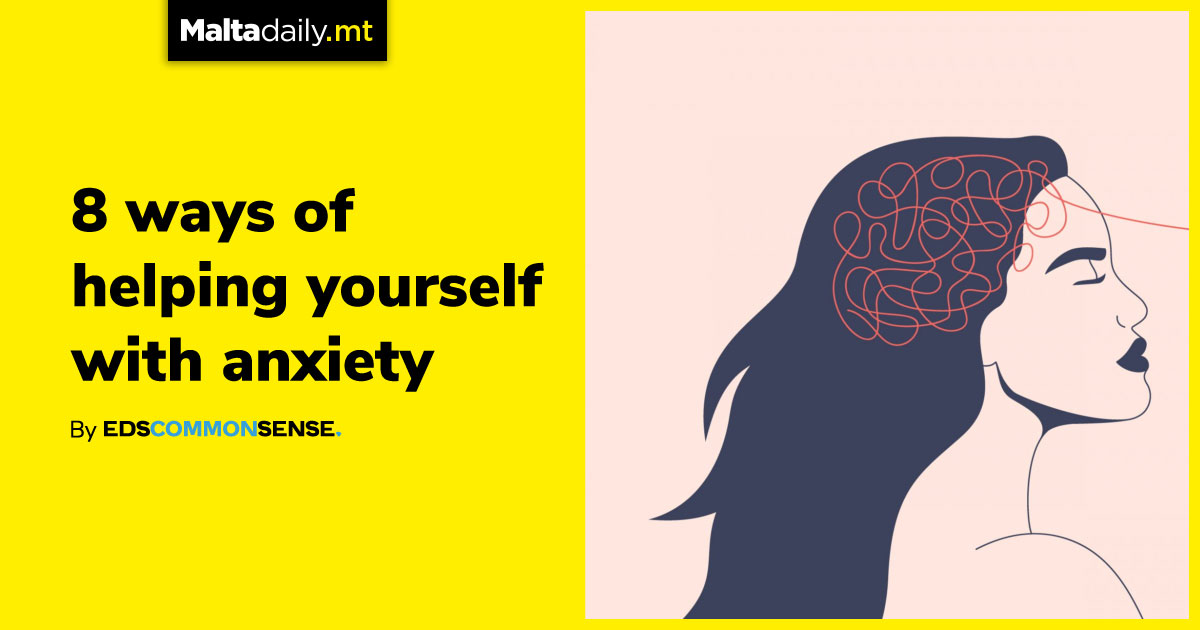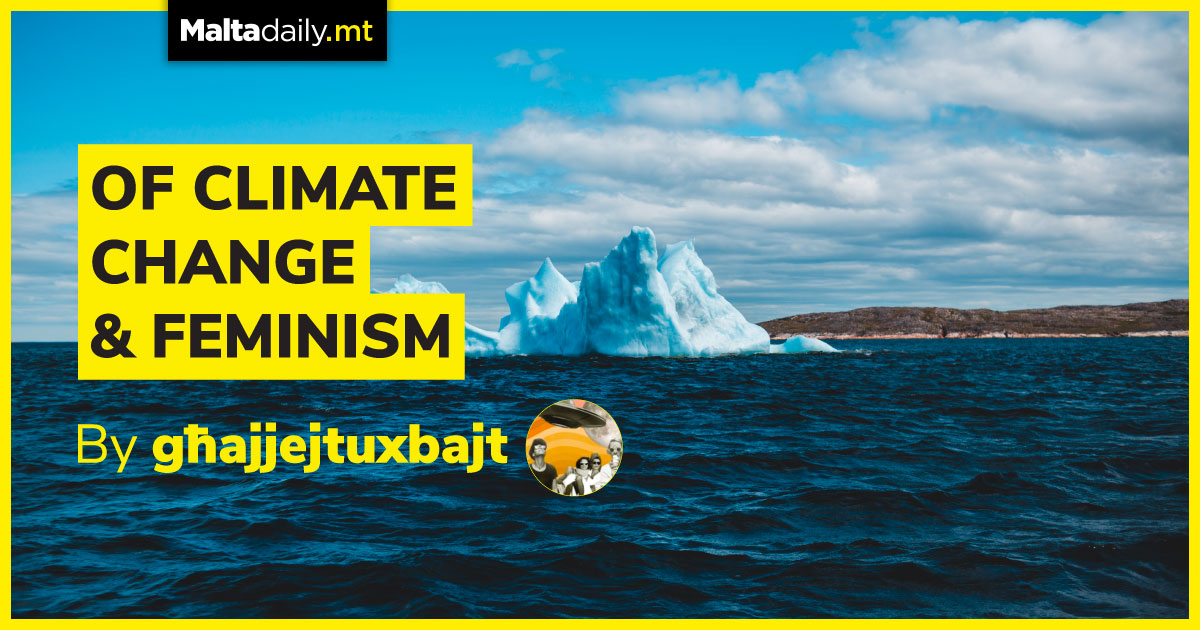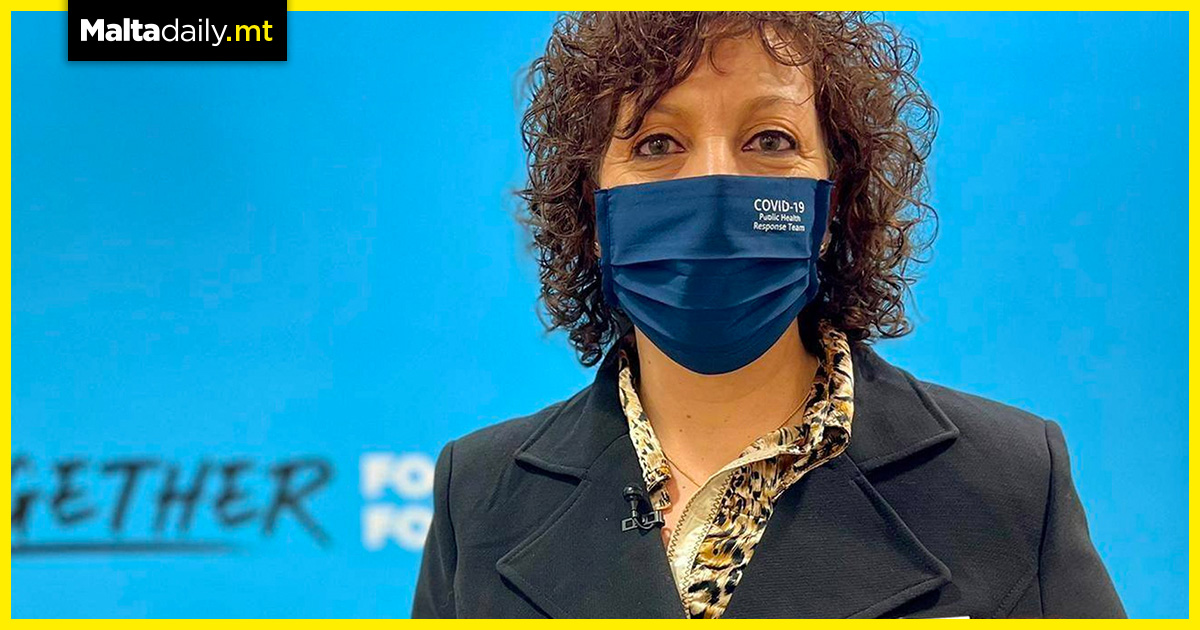
Occhiolism
Have you ever looked at the night sky, painted with stars, and wondered how small your perspective is? This is exactly what occhiolism refers to – the feeling that, despite your life being a unique event in history, it is still minuscule when compared to the vast size of existence.
 Nodus Tollens
Nodus Tollens
Sometimes, what we planned out doesn’t always work out in that way. Maybe we’ve constructed a specific future but you’ve suddenly found yourself down a completely different road. And you have no idea how you got here. It is as if you planned your life according to a specific genre, only to later realise you might belong in another.
 Kairosclerosis
Kairosclerosis
The brief realisation that you are currently happy – a thrill you get unexpectedly. These happen abruptly as often we do not notice our blessings. Sometimes, however, our consciousness picks up on it. We try to lock it in our memories as it slowly fades, with only the aftertaste reminding us of how joyful we were.
 Vellichor
Vellichor
For the book lovers out there, vellichor is the strange feeling one gets in used bookstores – the smell of paper, the aura of knowledge spanning hundreds of years. The digitalisation of information boosts this feeling tenfold, as finding an antique book store feels like stumbling across a time machine.
 Nighthawk
Nighthawk
The name for this feeling is insanely appropriate as it refers to recurring thoughts that only seem to click late at night – ‘did I finish my chores?’, ‘what is my future going to be like?’, ‘why did I say A instead of B?’. The presence of these thoughts, like a bird of prey gliding over its next victim, peck at your comfort exactly when it is time to settle down.
 Adronitis
Adronitis
Why does it take so long to get to know someone? Why can’t we just get to the good parts and laugh alongside them? Adronitis refers to the frustration of how long it takes to get to know someone. Some might enjoy the encounters, but often its dry conversations galore up until a moment that sparks a deeper connection.
 Gnossienne
Gnossienne
Keep this one in mind for when you meet your closest friends. Gnossienne is a moment of awareness in which you realise that the person you’ve known for years has a mysterious inner life. Its similar to sonder, in which you realise everyone else has a private life. But gnossienne reminds you that even your closest connections lead an inaccessible experience you can never access.
 #MaltaDaily
#MaltaDaily























